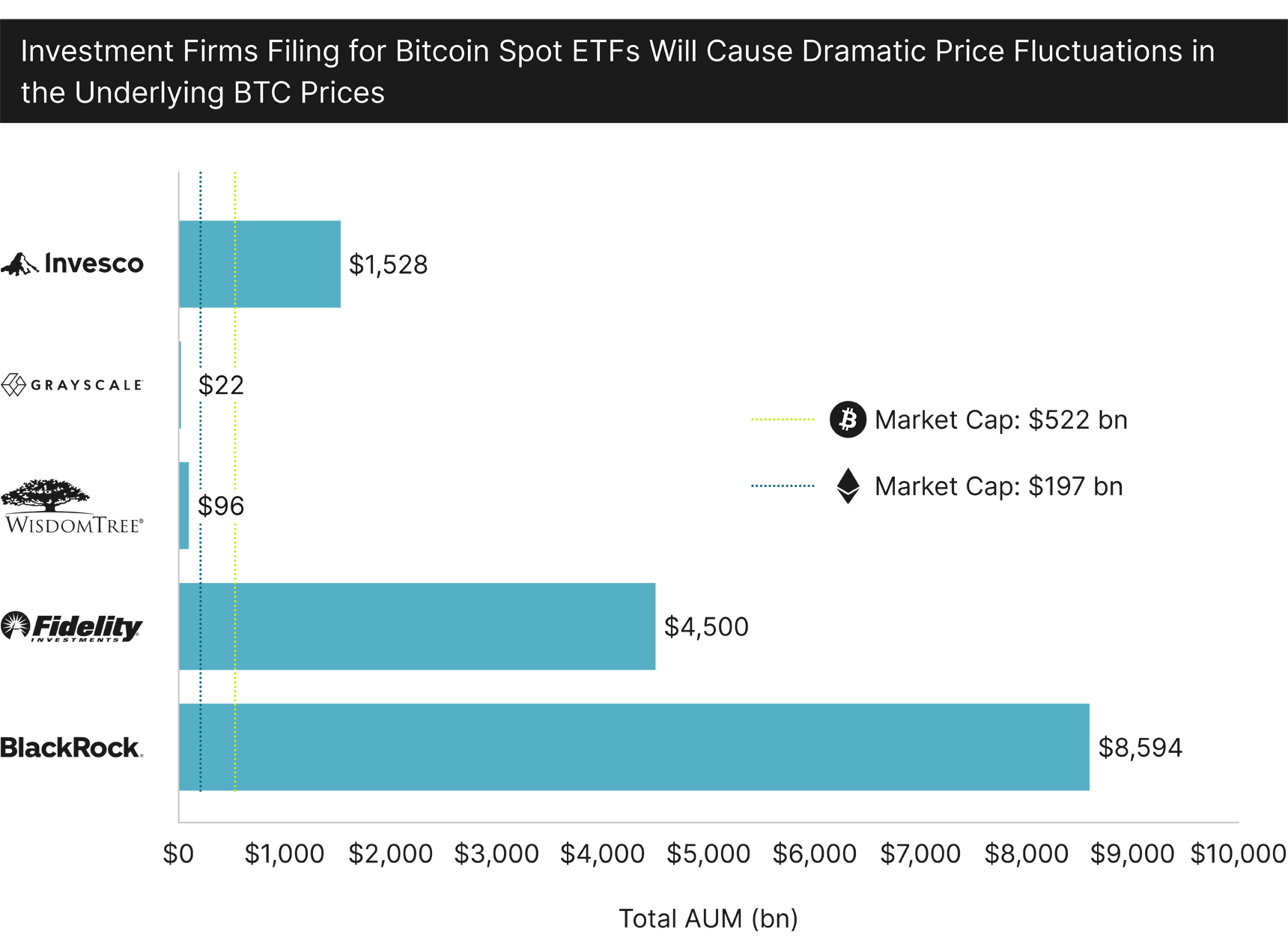 Search
Search


Increasingly it seems US regulators, politicians, and the crypto industry have been unable to align on a path forward when it comes to regulating crypto in the United States. There have been committee hearings held in Congress, regulatory actions taken by regulators such as the US Securities and Exchange Commission (SEC), and advocacy performed by major cryptocurrency companies. The SEC has made clear that it believes digital assets are subject to existing securities requirements and has continued to enforce regulatory actions in support of this belief. We continue to see increased friction between the SEC and cryptocurrency companies who assert that current guidance is not clear enough to set them up for compliance.
Amidst this environment—enter Ripple Labs. Ripple aims to evolve the ability for financial institutions to quickly clear cross-border money transfers. To do this, Ripple created a cryptocurrency called XRP that can be settled and cleared in real time on the RippleNet network. As XRP grew, the SEC sued Ripple in late 2020 and alleged that Ripple executives raised capital on an initial public offering of XRP that constituted an unlawful unregistered security offering.
Ripple responded unconventionally. Instead of settling and agreeing to pay penalties, Ripple engaged in a legal battle against the SEC. In July, the Southern District of New York (SDNY) partially ruled in favor of the company, an outcome that has been seen as a significant win for Ripple Labs. The judge ruled that Ripple did not break laws when selling XRP on public exchanges1. In SEC v. Terraform Labs, however, another judge in the SDNY specifically came to a different conclusion and fundamentally disagreed with the decisioning made in the Ripple case2. The legal battle between the SEC and Ripple is ongoing and we eagerly await developments.
Although Ripple was found to have broken certain laws, the partial win Ripple secured in court has been seen as a boon for the crypto industry at large. It created precedent for crypto companies under regulatory scrutiny to be able to push back against allegations and potentially win.
This is one example of recent strife between regulators and the crypto industry. However, while navigating this friction, digital asset services have continued to grow, expand, and innovate the financial services industry.
In this edition of the Two Worlds Colliding series, we explore regulatory activity, crypto adoption both domestically and globally, security concerns, and the potential future of digital finance.
This quarter saw increased friction and tension between the SEC and the crypto industry. Some politicians and crypto companies have criticized the SEC online and in the media. Criticism has done little to stop the SEC in pursuing regulatory action and maintaining their position on crypto regulation.
August 2023 saw a staggering decline of nearly 92% in crypto-related thefts from July, falling to $23.4 million compared to $320 million the previous month7. However DeFi organizations remain a prominent target for hackers, as DeFi typically leverages open-source coding that has been prone to attracting illicit behavior.
Regulatory strategy was a common theme found in M&A activity throughout the third quarter of this year. Notable acquisitions and partnership dissolutions both held regulatory consideration as a key motivator during decision-making. For example, some companies used acquisitions to obtain regulatory licenses for expansion into new markets, while other strategic partnerships dissolved due to uncertainty and regulatory pressure.
There is an emerging trend in the blockchain community that emphasizes blockchain-based ownership and identity services. Worldcoin's introduction of a new cryptocurrency, WLD, given freely in exchange for users' biometric data, represents a move toward integrating personal data into the blockchain. The goal is to create a proof-of-personhood system where real-world identities can be stored on the blockchain. In parallel, companies like Animoca Brands aim to create blockchain-based digital identities, empowering users to have greater control over their online personas on gaming platforms.
The largest influencer of the US crypto industry is the nation’s government itself. The directional impact of this influence varies by entity, with the National Futures Association allowing the expansion of leveraged crypto-futures while the SEC’s inconsistent regulatory enforcement sometimes encourages companies to seek friendlier jurisdictional waters. Despite the lack of a national unified approach to managing cryptocurrency, its adoption continues to expand.

The Society for Worldwide Interbank Financial Telecommunication (SWIFT) has started testing new technology to interlink Central Bank Digital Currency (CBDC), allowing the exchange of CBDCs between central banks on different blockchain platforms. Additionally, this quarter has seen significant advances in the availability and breadth of cryptocurrency services in many countries across Southern and Eastern Asia and South America.
Guidehouse is a global AI-led professional services firm delivering advisory, technology, and managed services to the commercial and government sectors. With an integrated business technology approach, Guidehouse drives efficiency and resilience in the healthcare, financial services, energy, infrastructure, and national security markets.